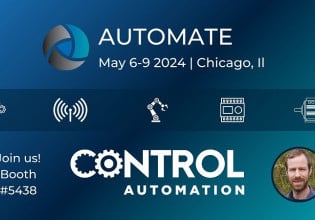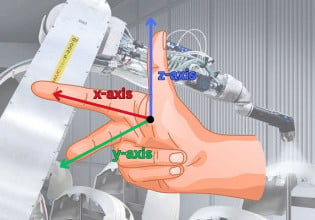B
I ran across a guy recently that I have known for nearly 20 years, but had not seen for a year or two. He has sold just about every brand of PLC and automation equipment (except AB) during that time.
He is now selling insurance, having decided that there is no real future in the industrial automation business.
I got to thinking about it, and at least around here the sheer quantities of people leaving the industrial automation field (in sales, SIs, panel builders, and engineering) is staggering.
Who is going to take up that slack if/when things turn around?
He is now selling insurance, having decided that there is no real future in the industrial automation business.
I got to thinking about it, and at least around here the sheer quantities of people leaving the industrial automation field (in sales, SIs, panel builders, and engineering) is staggering.
Who is going to take up that slack if/when things turn around?






